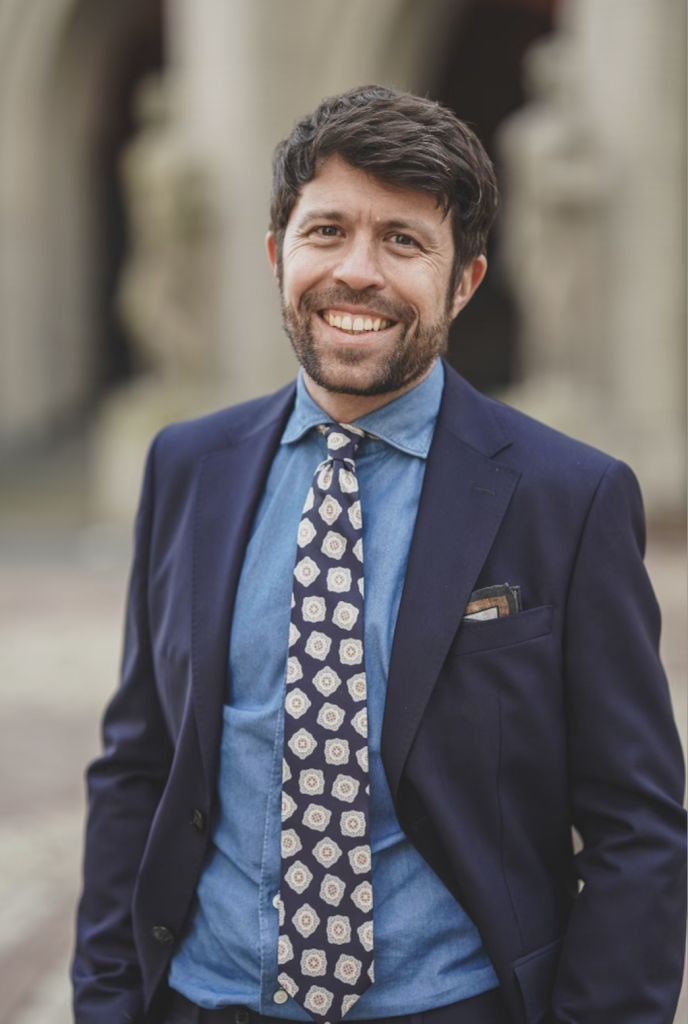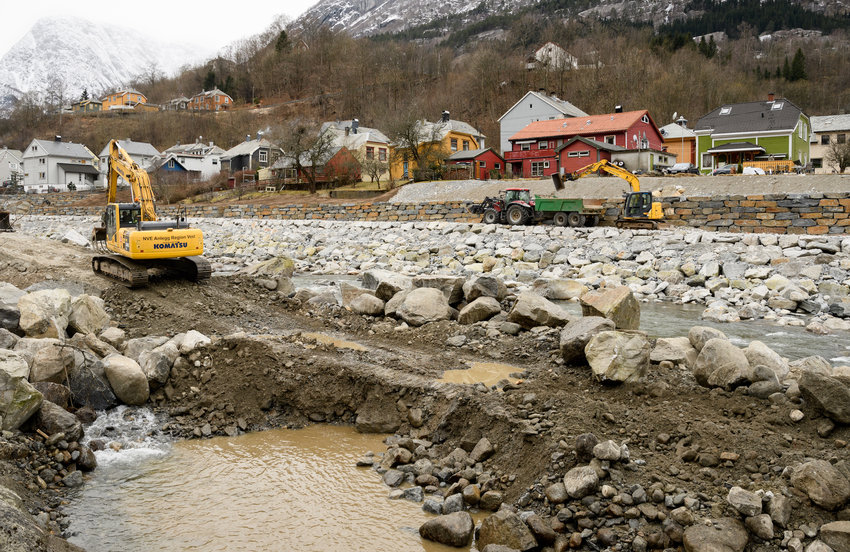“5 questions” is a series that gives you as a reader some insight into the people in and around Climate Futures. This time, we have talked to Scott Bremer who works at the University of Bergen and NORCE.

Tell us a bit about your background
I grew up in New Zealand and first trained as a planner there, before working a few years in coastal planning in New Zealand municipalities. That was interesting work, but I couldn’t shake a feeling that so many decisions were one-dimensional; based on some sparse scientific reports but ignoring all the other ways of knowing the coast; the local knowledge, traditional knowledge and so on. That took me to research, and a PhD on the science-policy interface for coastal governance. Since moving to Norway in 2010 I’ve mainly worked on climate adaptation, and ways of recognizing the quality of all knowledge systems, including science.
What is your role at UIB/NORCE?
At the University of Bergen, I work at the Centre for the Study of the Sciences and Humanities, which is broadly interested in the roles of science in society. There I lead a small research team studying seasonal calendars, and how they affect the way people adapt to climate over the year – the CALENDARS project. I also have a small position at NORCE in the Climate and Environment department, where I work with tailoring seasonal forecasts to the needs of farmers and other groups across East Africa.
In what way are you/your organisation involved in Climate Futures?
In Climate Futures I wear two hats. One hat is as a social scientist working with others to connect seasonal forecasts to agricultural activity in Norway. For example, I have been interviewing bee-keepers related to the pollination of fruit in Hardangerfjord. The second hat is as an observer of Climate Futures centre itself. I’m studying the centre and how seasonal forecasts might be changing the ways people – farmers, bee-keepers, climate scientists – symbolize the seasons and their patterns of doing things over the year.
What do you like best about your job?
That’s easy – talking to different people and learning about what is most meaningful and important for them. I’ve been so interested in what the bee-keepers have to say, it makes me want to be a bee-keeper. I’m also really admirative of the work of the climate scientists, it’s a privilege to work alongside them. Most other social scientists working on climate adaptation are quite detached from the physical science side of it, I think.
What possibilities do you think can come out of Climate Futures?
I think Climate Futures has the potential to help different groups of people in Norway re-think what seasons mean for them; how they know or anticipate the seasons, and what they do when. The seasons are changing, both according to physical parameters associated with climate change, but also in how we interpret the seasons.

